As this year’s Super Bowl approaches, the associated advertising avalanche began earlier than ever as both sponsors and advertisers seek to maximise value by seeding their campaigns long before the big game actually kicks off. But it’s not just the NFL’s official 22 marketing partners activating, ambush advertisers pitching everything from pizza to TVs who activate around the game.
The NFL aggressively defends its intellectual property (from its logos to the ‘Super Bowl’ phrase itself) firing off cease and desist notices on a regular basis to defend the $100m annual fees paid by its sponsors. It also tenaciously polices the ‘clean zones’ around the Super Bowl stadium.
For example, the Super Bowl XLVI venue, Indianapolis’s Lucas Oil Stadium, is protected by Indianapolis City Council’s Proposition 188 authorizes clean zones surrounding the entire stadium vicinity ensuring any business or brand wanting to advertise, promote, sell or giveaway products or services must be approved by the NFL and obtain a “limited duration license”.
In 2006 Detroit’s legislation created a 300-mile clean zone for Super Bowl XL, while if last year’s host city Arlington had failed to pass a clean zone ordinance the host committee would have had to cough up $1m to the NFL.
But none of this halts a tidal wave of non associated advertisers from leveraging the excitement of the US’s biggest annual sporting event with its 111m viewers and associated $11bn consumer expenditure. Every year these brands walk the legal tightrope by focusing on football-related creative themes, athlete ambassadors, related-rights and most popular of all – pseudonyms.
‘Big Game’ & Pizza Hut
The pseudonym ‘The Big Game’ is perhaps the most frequently used term employed by ambushers avoiding the legislation surrounding the words ‘Super Bowl’. A long list of brands regularly use the phrase in their game-related advertising copy.
Indeed, the substation is so ubiquitous that back in 2006 the NFL attempted to trademark the phrase. This action failed as other games with established rivalries and long histories established that they were also known as ‘the Big Game’.
This year Pizza Hut is just one of many ambushers using the ‘Big Game’ phrase in its Super Bowl related campaign. Papa John’s is the Super Bowl’s official pizza sponsor. It is leveraging its rights in 2012 through a campaign that offers a free pizza if fans correctly guess the coin toss ahead of kick off. People can vote for heads or tails at www.freepapajohns.com until 1 February and if the majority of the voters get the toss correct then all Papa Rewards program members will receive a free large one-topping pizza and a two-litre of Pepsi Max. But this doesn’t prevent Pizza Hut from running a high profile game-related initiative.
Pizza Hut, which regularly sells more than 2 million pizzas on Super Bowl Sunday has launched a $10 any pizza promotional campaign called ‘Big Deal for the Big Game’. This campaign also ties in to the brand’s per-match Super Bowl TV ad – with Facebook (https://www.facebook.com/PizzaHut) fans invited to upload their own version of the featured song and the winner featuring in the spot itself.
One of several Super Bowl advertisers using crowd-sourced creative this year – others include Pepsi Max, Doritos and Chevrolet.
Pizza Hut’s ‘Big Game’ approach is not new of course. Last year the company also ran a ‘Big Game Party Deal’ campaign with creative imagery dominated by a mock ‘Super Bowl Winners Ring’ – a US tradition.
Of course Pizza Hut is just one of many advertisers using this pseudonym to leverage Super Bowl interest. For example, electronics retailer Abt is currently running a digital “Get Ready for The Big Game” HDTV offer campaign on its Facebook Page.
‘Super’ & HH Gregg
Following hot on the heels of the ‘Big Game’ pseudonym is the heavy use of the simple word ‘Super’.
A multitude of ambush ads focus on verbal and vocal repeats of the word – particularly game-related offer based campaigns offering ‘Super Savings’ to ‘Super Deals’
One example of this approach in 2012 comes from consumer electronics retailer H H Gregg – which is based in this year’s host city Indianapolis and so is determined to make the most of local interest in the game.
It current campaign, running across several media platforms (from in-store to digital) promotes its ‘2012 Super Sale XLVI’
The connection to the Super Bowl is rammed home by creative that unsubtly places the name of the campaign on a football shield image which bears similarities to related NFL imagery.
This campaign is running across its digital, platforms – from its website to its Facebook Page.
Comment:
The battle between official partners and guerrilla brands is heating up in 2012. It is being fuelled by increasingly tough legislation on the one hand and the growth of affordable and flexible technology tools ideal for ambushing on the other.
The NFL’s protection of its IP and its sponsors is understandable, but considering that there are so many legitimate and straightforward routes to ambushing an event like the Super Bowl many feel that the NFL is more aggressive than it needs to be.
Quite how the general public will view the current clean zone test case is currently passing through the US courts and relating to last year’s Super Bowl in Arlington remains to be seen. This litigation, Eric Williams v NFL, relates to an attempt by anti-bullying campaigner Williams to link-up with Best Buy to use the store’s car park near Cowboys Stadium to host a football-themed video game tournament at which kids would be taught how to detect and stop bullying. But that event was shut down by security officers and police and Williams was ticketed as an ambush marketer.
Litigating against cause-related campaigns, whether guerrilla or not, can backfire on a rights owner.
Guerrilla activity will always be with us – it is simply impossible to legislate it out of existence. Smarter sponsors aren’t relying on right owners or the law for protection, but are taking matters into their own hands.

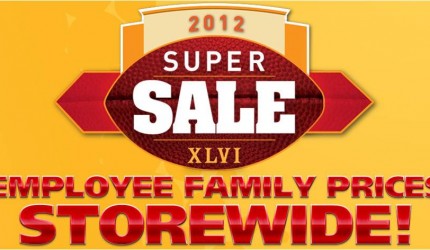



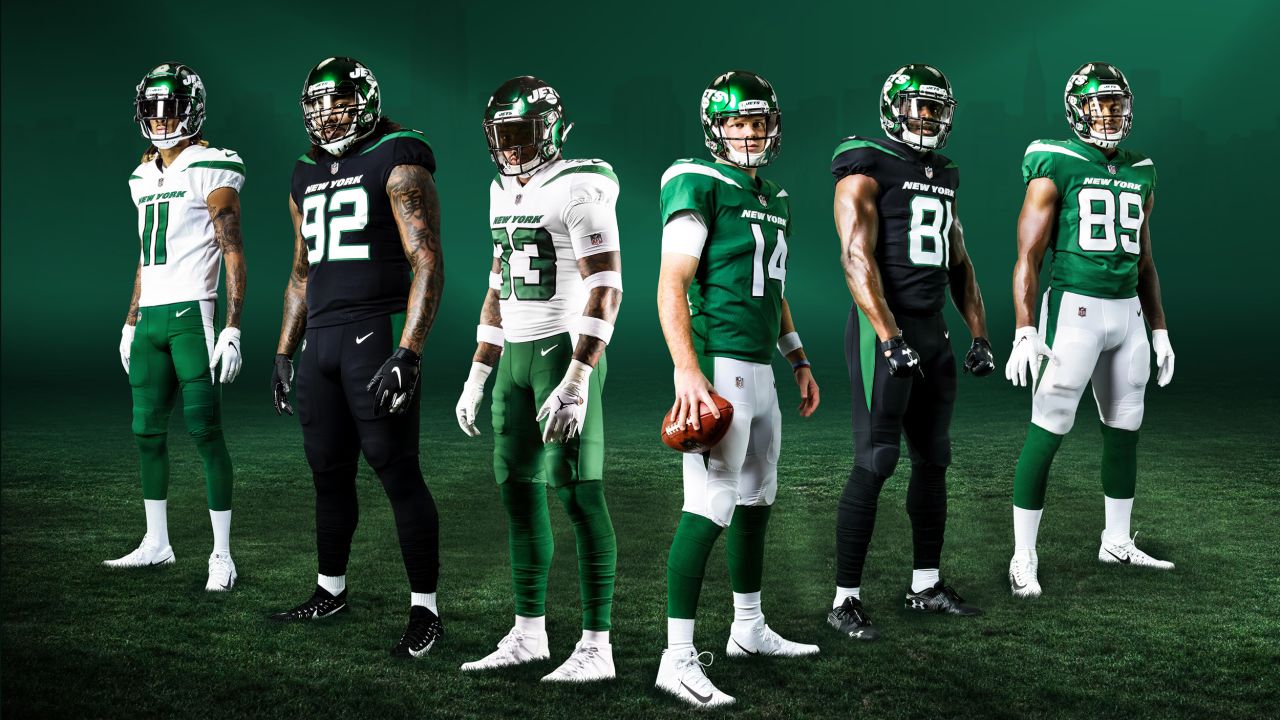
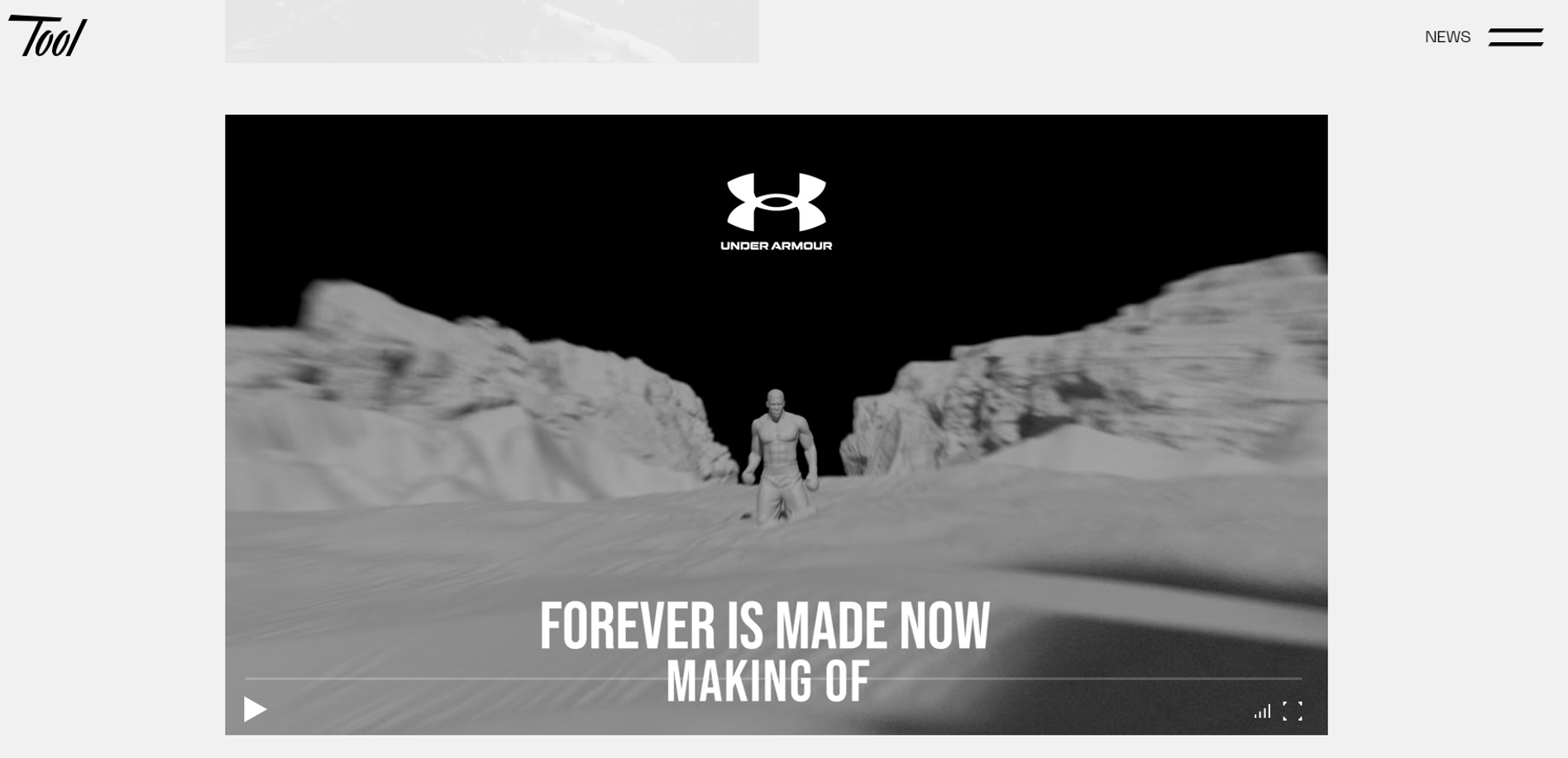
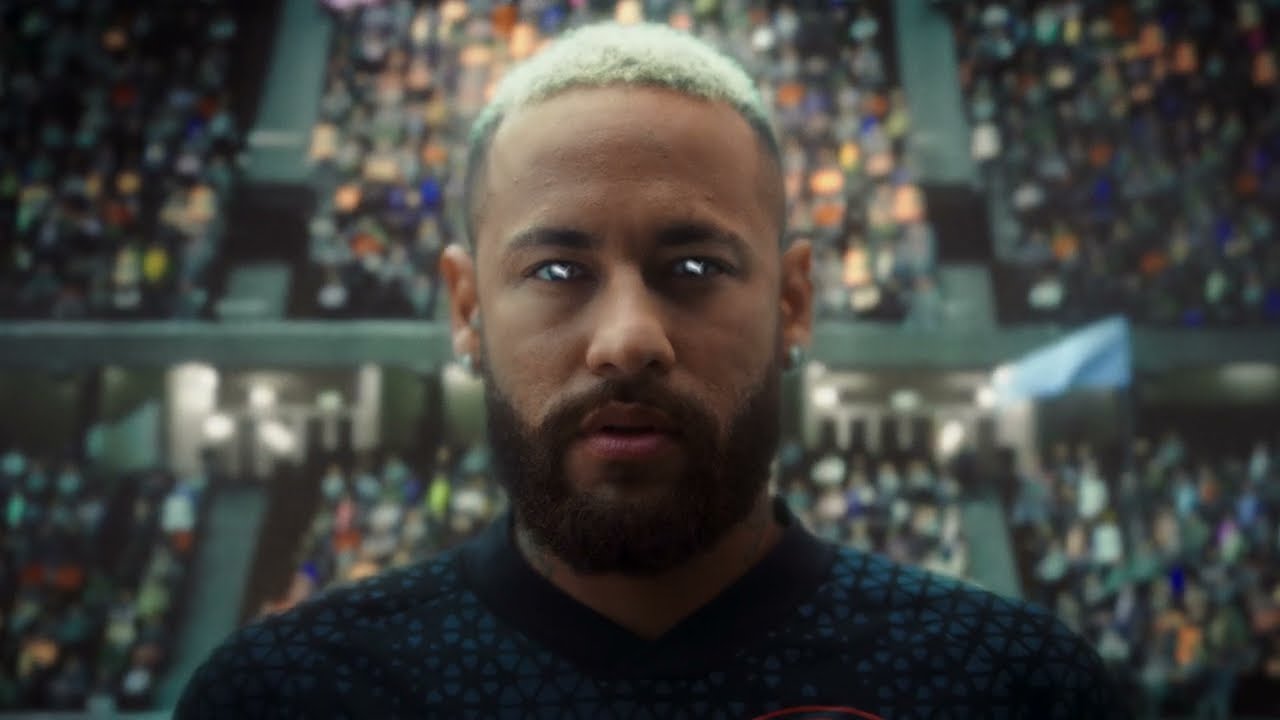
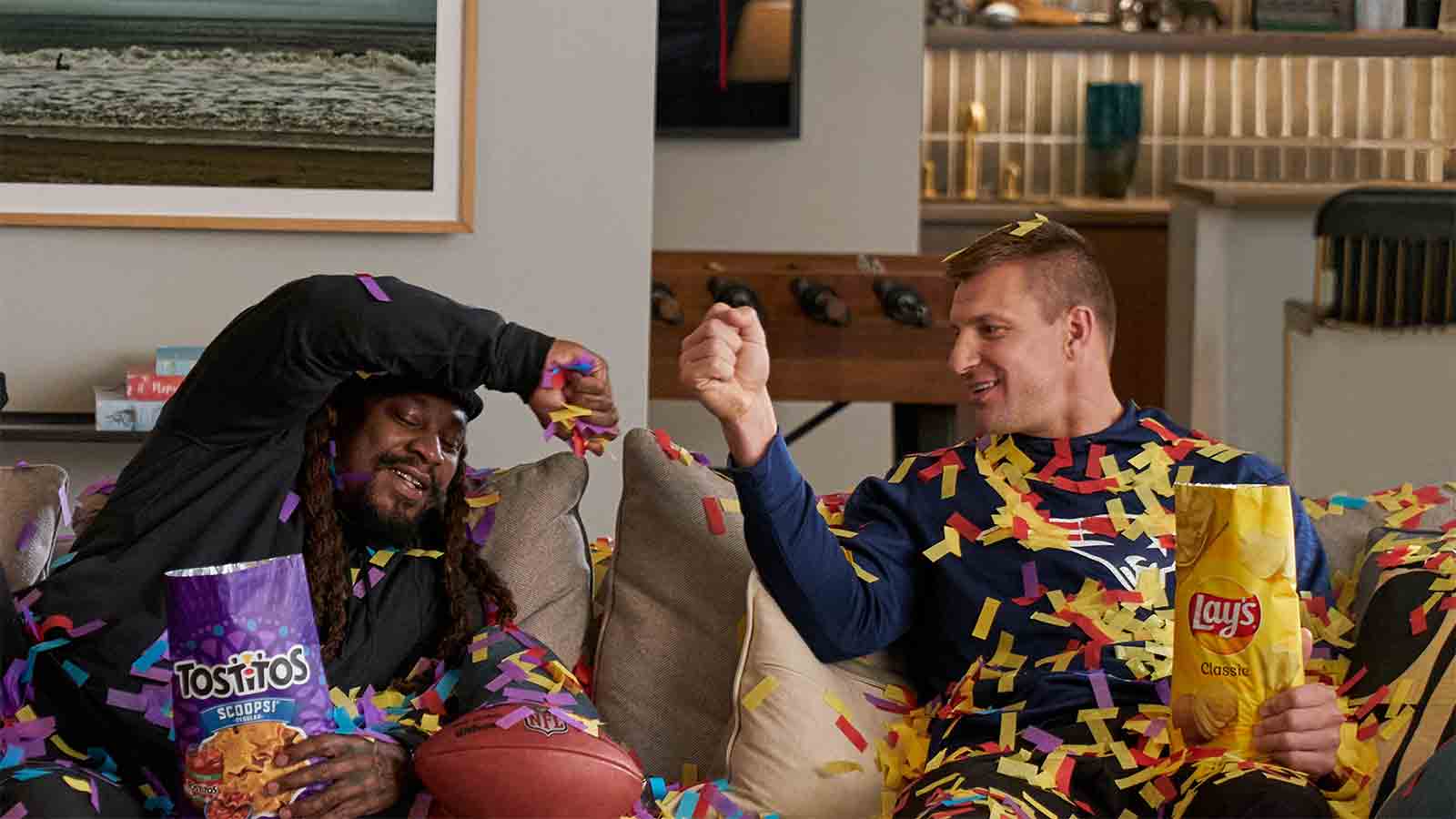


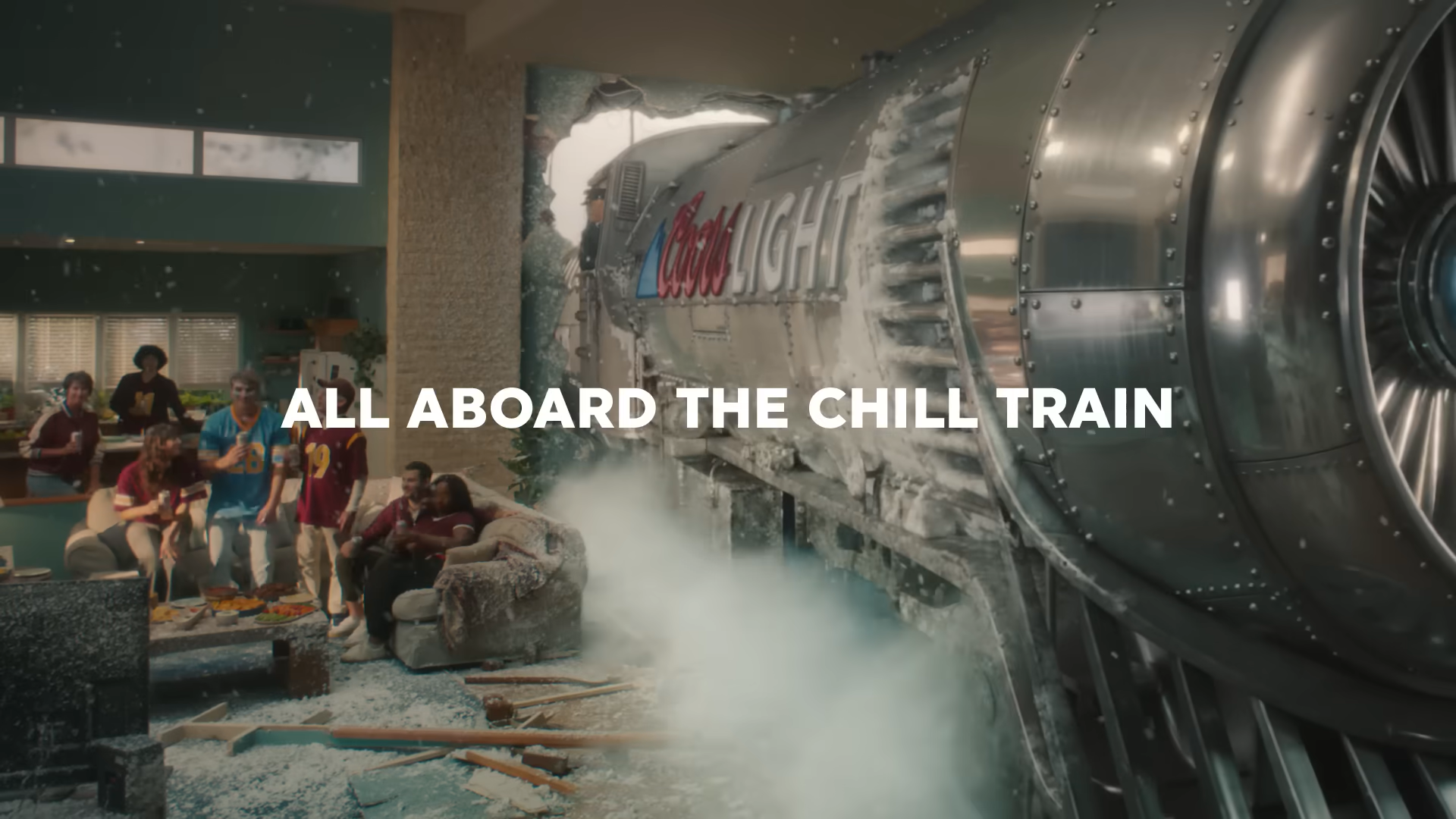
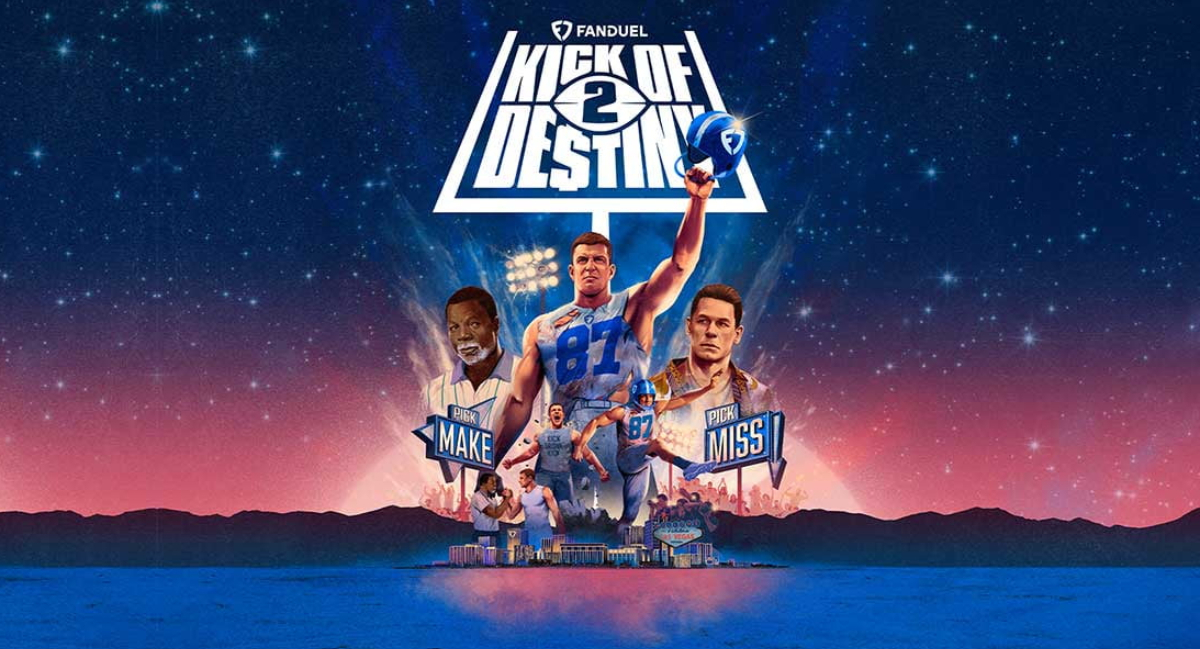
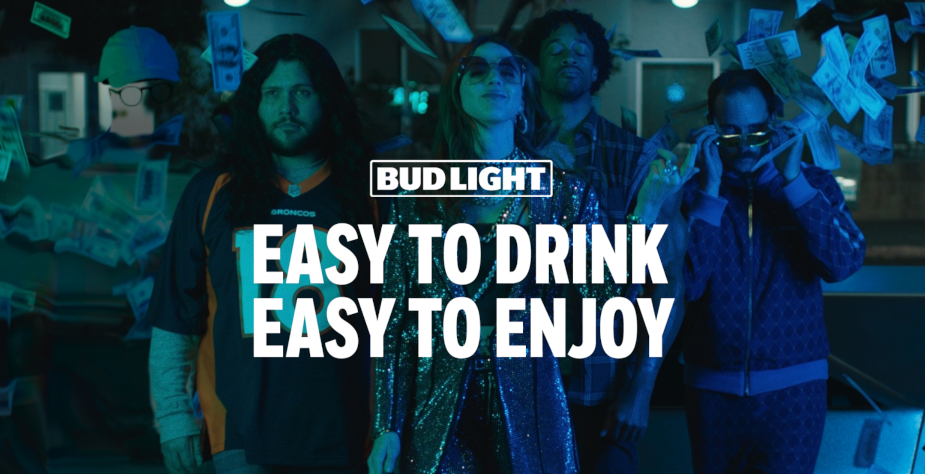










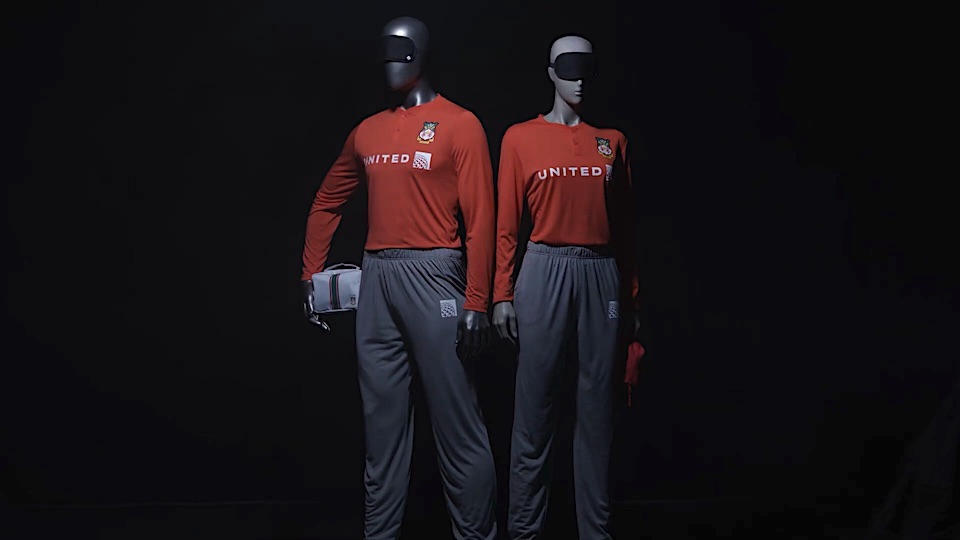



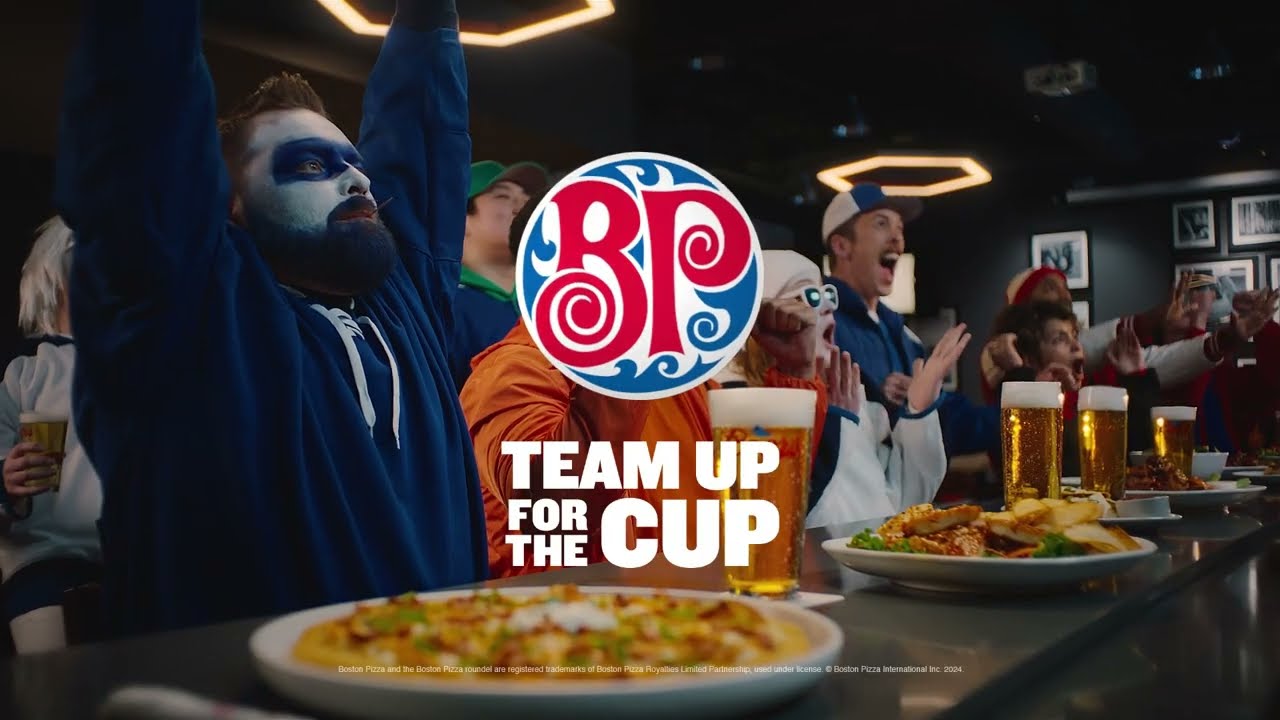
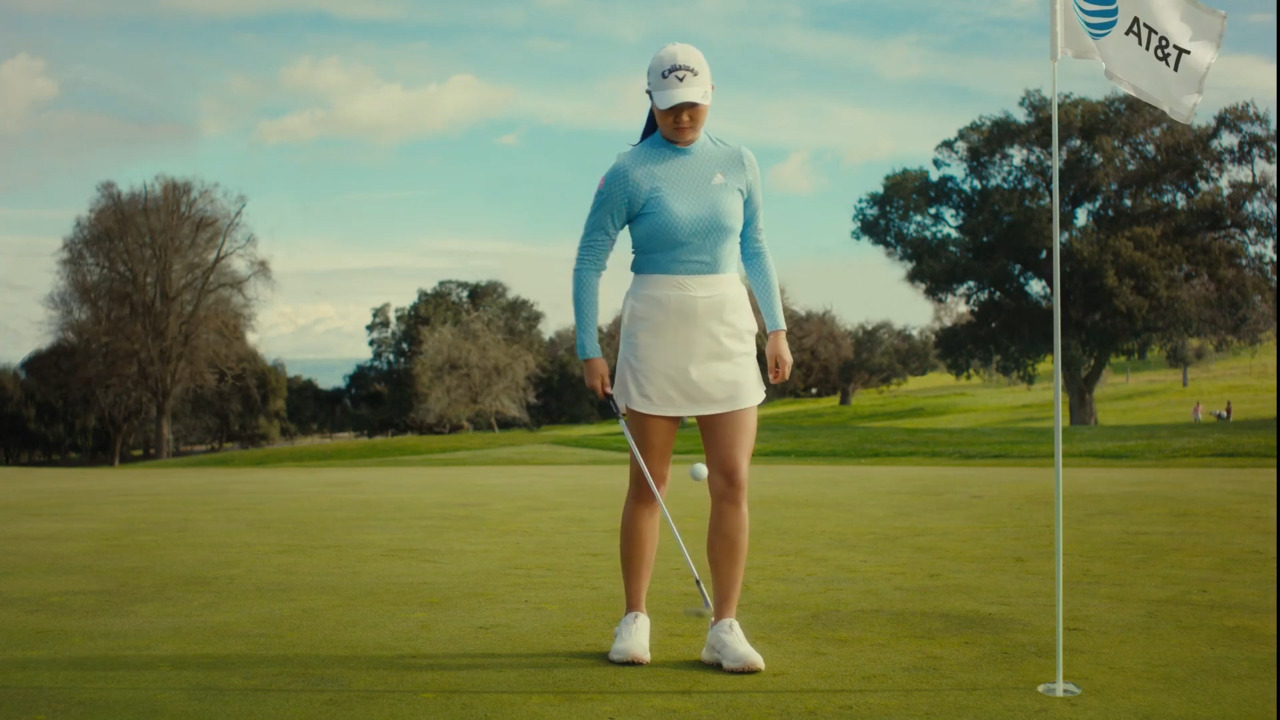
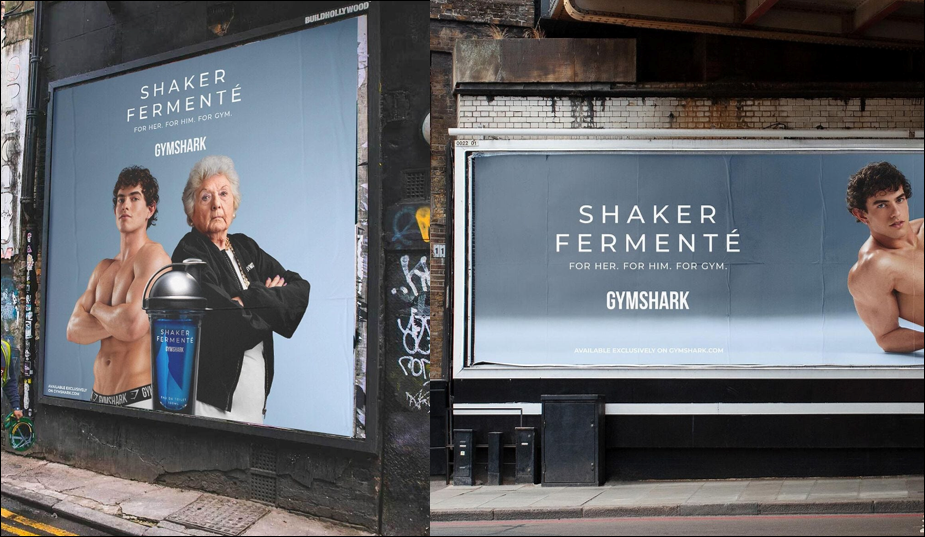
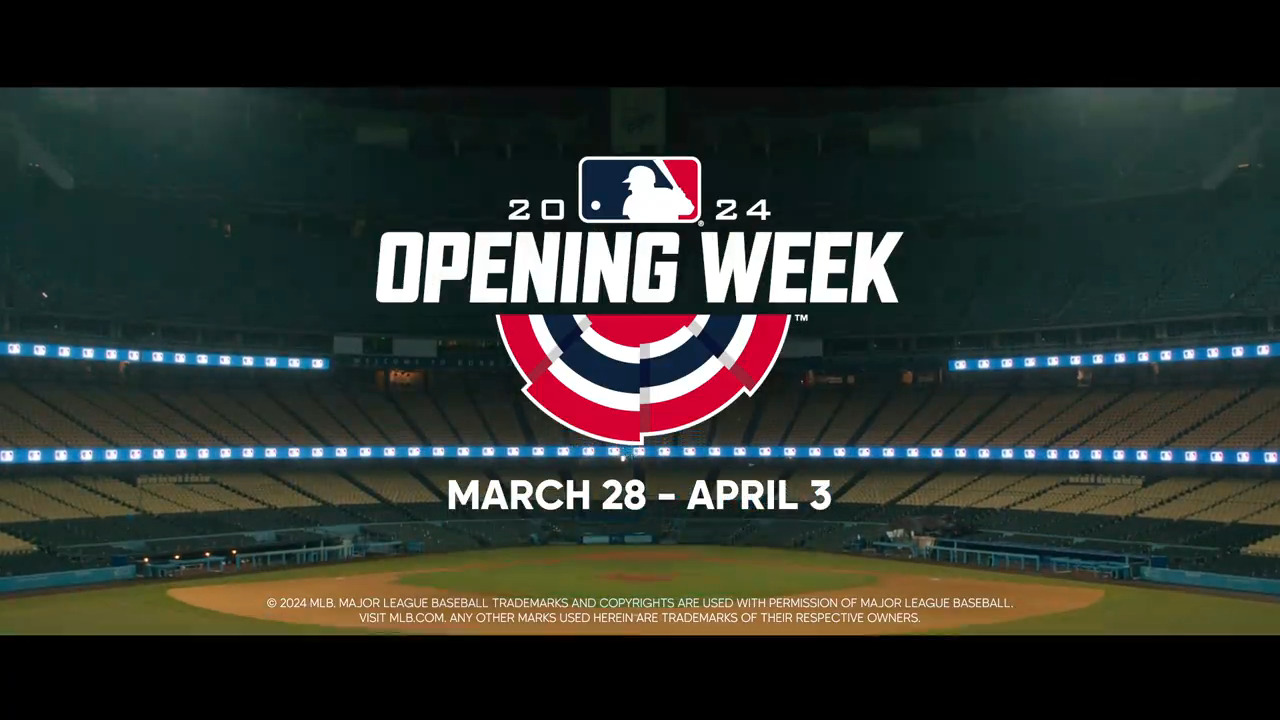
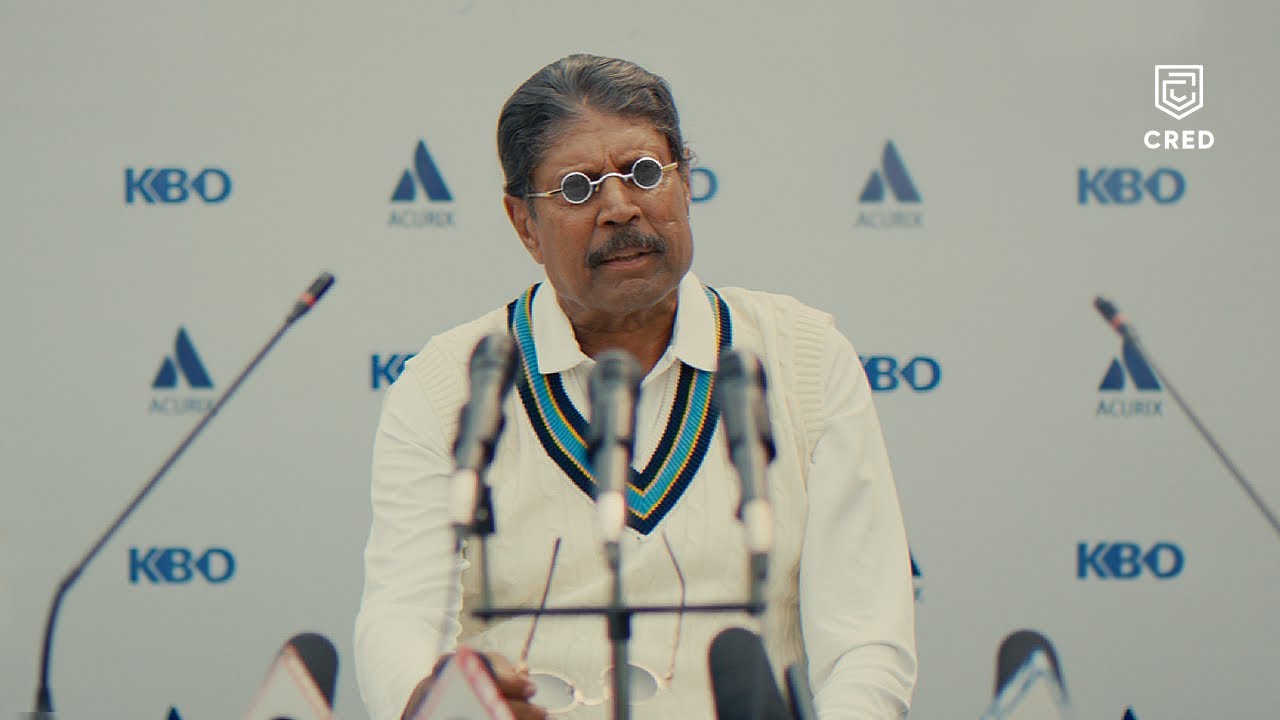
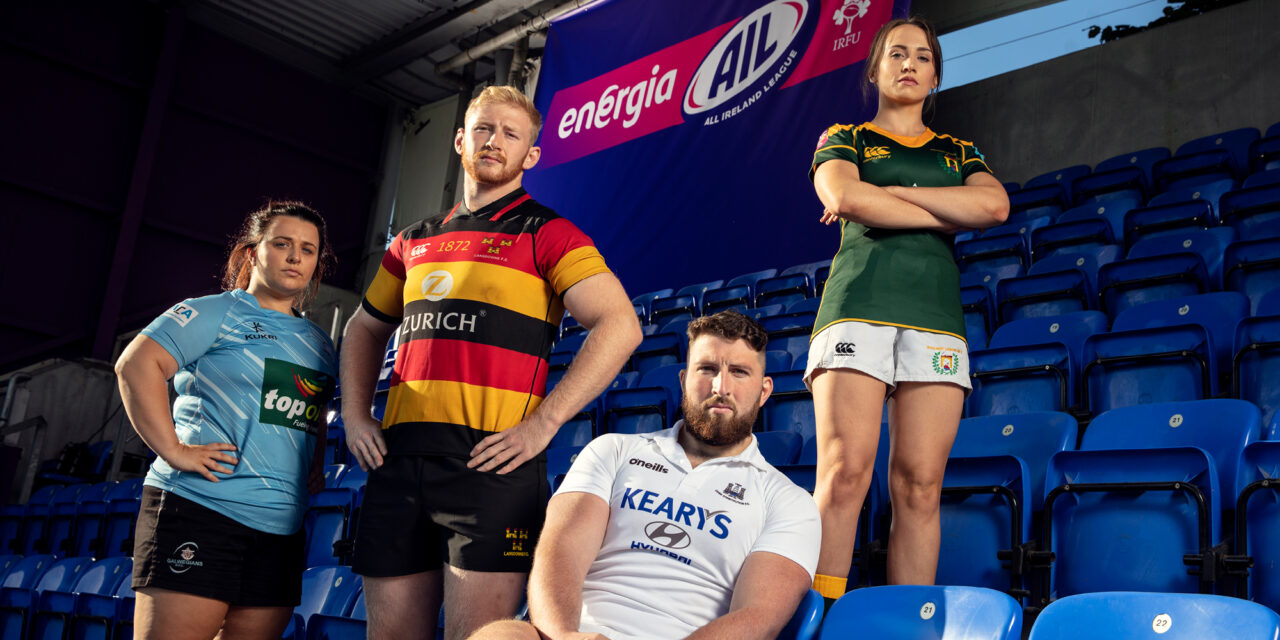
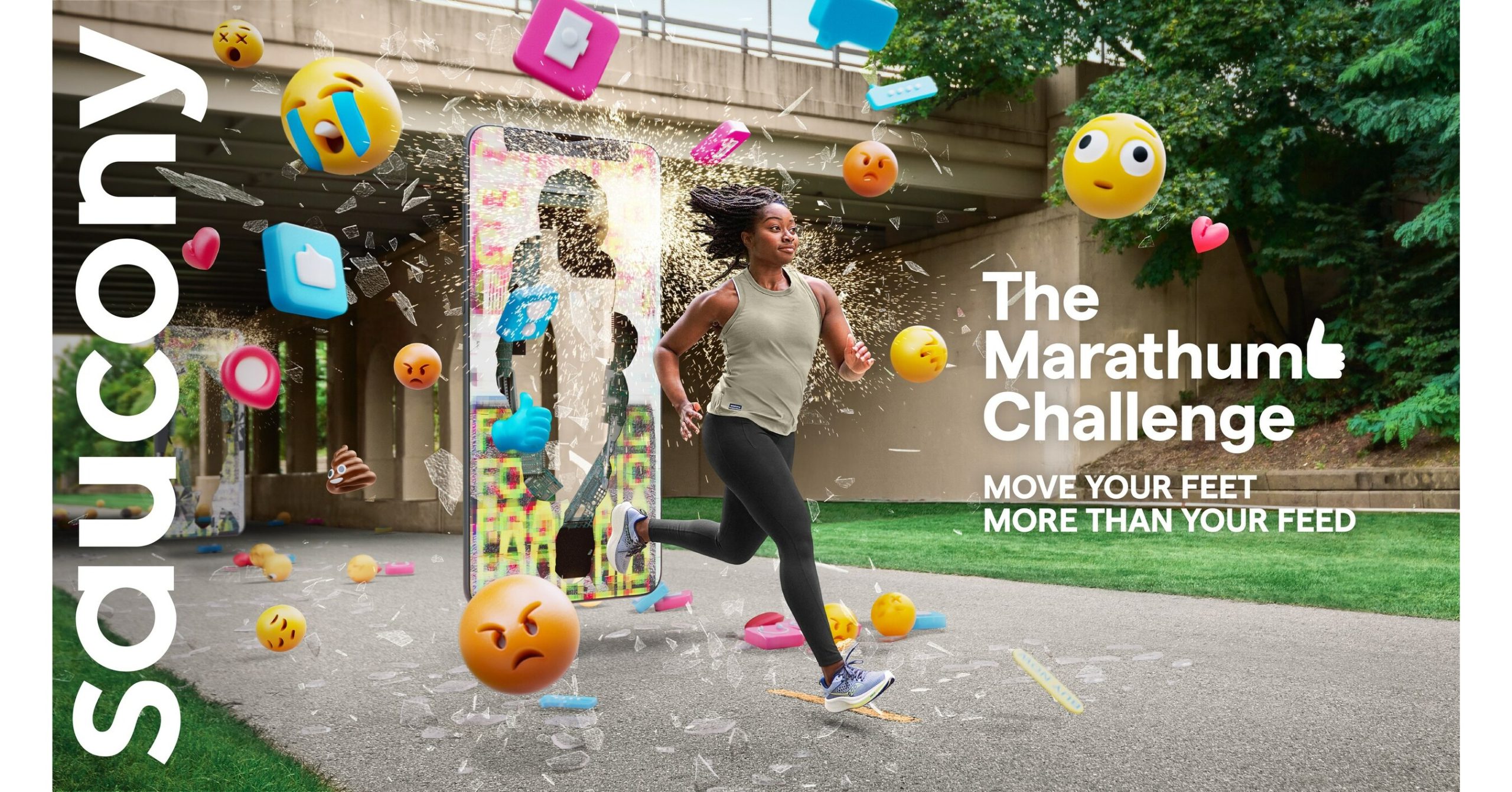

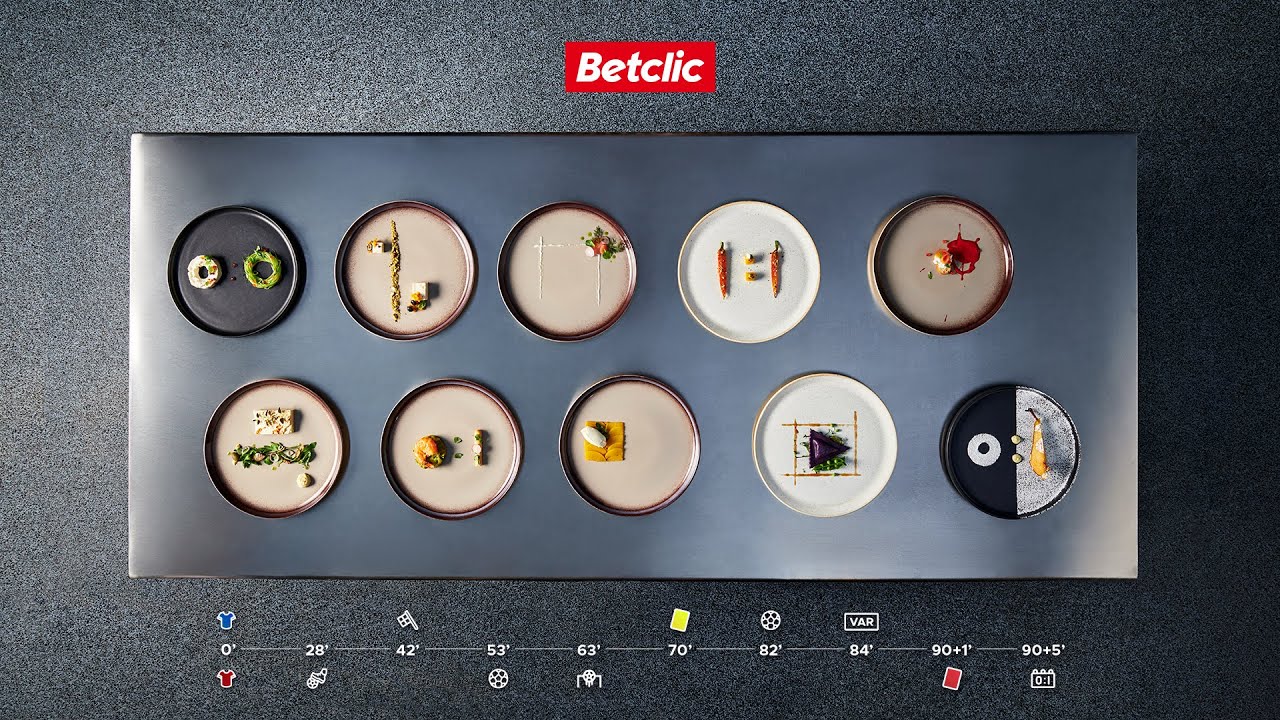

Leave a comment
You must be logged in to post a comment.